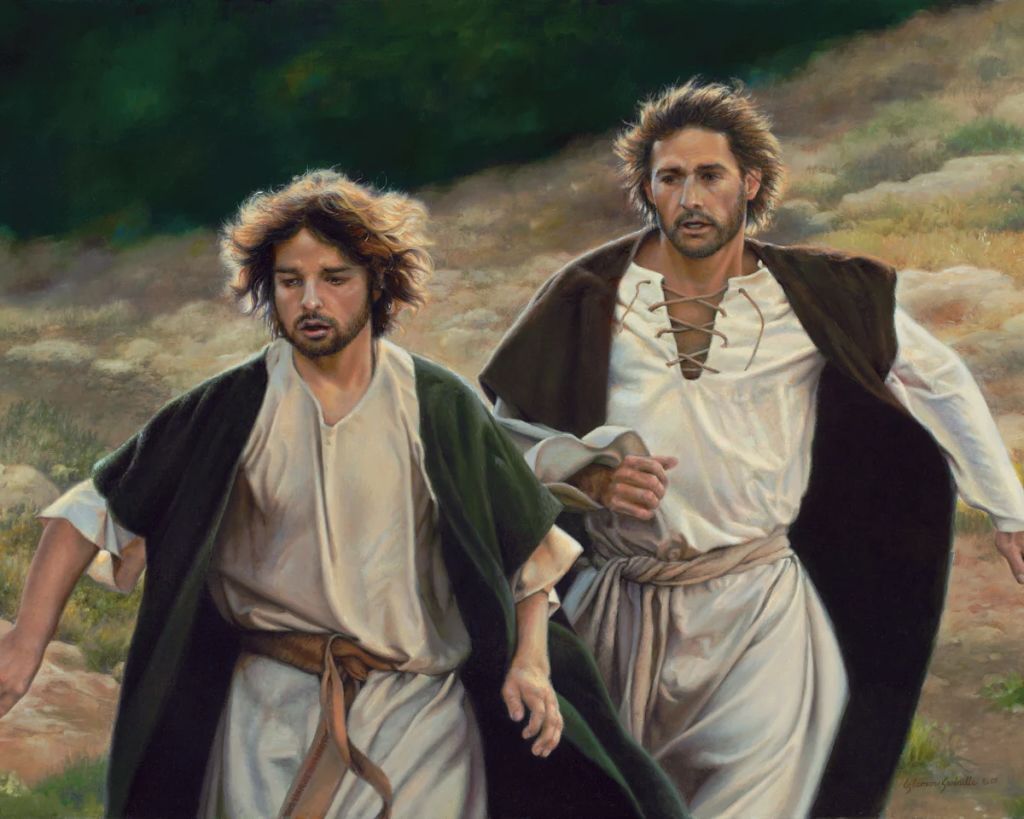Baptists and Bootleggers
Jesus says Bottom's Up

I picked up the phrase, “Baptists and Bootleggers,” from a podcast on artificial intelligence. The experts on AI are currently debating if and how that industry should be regulated by the government. Amongst the conversation, one guy referenced the short backstory of how the phrase, “Baptists and Bootleggers,” came to be.
In the early 1900s, there was a hot and long dispute in North America over the legal consumption of alcohol. Those with high moral standards worked hard, sometimes using violence (check out Carrie “Hatchet Granny” Nation), to enact laws prohibiting the making, selling, and drinking of alcohol. There’s no question, both then and now, that the moralists had hard evidence on their side as to the negative consequences alcohol has on people’s health and society. But the moralist’s hardline approach ultimately backfired and as is so often the case when morality gets legislated, it simply drives the restricted industry and behavior underground.
The podcasters went on to note that historians observe anytime there’s a social reform movement, two groups of people often show up. Development economists build on that observation and label the two groups metaphorically as Baptists and Bootleggers. Baptists despise Bootleggers as evildoers and seek to shut them down; Bootleggers think Baptists are crazy but take advantage of the situation since the Baptist’s way of handling the issue makes the Bootleggers rich.
Without regard to denominations or the topic of alcohol (I’m a teetotaler but with an open conscience), I think there are several applications for Christian living using the Baptist/Bootlegger analogy. For now, I want to start with what I think is the most foundational of all applications from a Christian perspective. And I want to get at it by renaming the categories as the Purists and the Compromised. The Purists work very hard at maintaining high moral standards and traditions while the Compromised are viewed as such by the Purists because they are in some way “less than” in terms of status, character, reputation, pedigree, or some such other external category.
Now let’s say that when Jesus showed up on the scene, he enacted a social reform movement. And guess what? Two groups of people emerged—the Purists and the Compromised. While Jesus loved both groups, he gave hard warnings to the Purists about their sense of entitlement and self-righteousness. And, by word and action, he gave the Compromised a clear message that life at the bottom was no impediment to rising into God’s family.
Taking this one step farther, Luke’s Gospel, more so than any other book in the Bible, spotlights the Purist/Compromised contrast. Every chapter, save the last, gives at least one example of each group and then shows the mercy of Jesus to those at the bottom. I wonder why Luke in particular, a physician, repeats this pattern over and over again. Is it because he knows that the Compromised have such a strong voice of condemnation in their heads that they need to have the Good News repeated to them over and over again in order to really believe it? Is it because he knows that deep wounds need ongoing treatment and clean dressings with each chapter of their lives? Is it a wake-up call to the Purists that their law-keeping as a means of being in good standing with God is not how the Gospel works?
Without elaborating, here is a list of each chapter in Luke with an example of the Purist first and the Compromised next:
1: Zechariah, old member of the religious elite / Mary, young, unmarried yet pregnant
2: The wise men from the east (in Matthew’s Gospel) / Shepherds, blue-collar, socially marginalized
3: The direct descendants of Abraham / Common rocks and stones that everyone walked on
4: Those who took pride in Elijah and Elisha / a Gentile widow and sick pagan soldier
5: Those with the highest education and moral standards / Levi, a tax collector
6: The rich, the laughing, and the reputable / the poor, weeping, and reviled
7: Simon, a Pharisee / a “woman in the city, a sinner”
8: Jesus’ actual mother and brothers / the common people
9: The disciples arguing about personal greatness / a child
10: A priest and a Levite / the socially despised Samaritan
11: The crowds / the men of Nineveh
12: A rich man / those who help the needy
13: Those who expect to get into the kingdom / people from the east, west, north, and south
14: Those initially invited to the banquet / the poor, cripple, blind, and lame
15: The older son (Scribes and Pharisees) / the younger son (tax collectors and sinners)
16: A rich man living in luxury / a poor man named Lazarus
17: Ten cleansed lepers / The one who returned to give thanks, a Samaritan
18: The morally clean and socially praised Pharisee / the despised tax collector
19: Those who grumbled, who thought they were better than / Zaccheus, chief tax collector
20: The original tenants of the vineyard / other tenants (Gentiles)
21: The rich who give / the poor widow who gives
22: Those who recline at the table / those who serve the table
23: The condescending spiritual rulers / the repentant criminal being crucified
As for the twenty-fourth chapter of Luke’s Gospel, we could say it’s the summation of how Jesus makes it possible for both the Purists and the Compromised to enter into God’s family. On the road to Emmaus, Jesus explains to Cleopas and his walking companion that it was “necessary for the Christ to suffer and to enter into His glory. And beginning with Moses and with all the prophets [Jesus] explained to them the things concerning himself in all the Scriptures” (Luke 24:26-27).
From the very beginning, it was God’s design He would come incarnate in order to keep His Law perfectly since even the purist of the Purists couldn’t, and that He would suffer and die more alienated than any Compromised ever has, and that through His resurrection He guaranteed the justification, from the bottom up, of all who trust in Him.
Because life in God’s kingdom is always and only all of grace.










